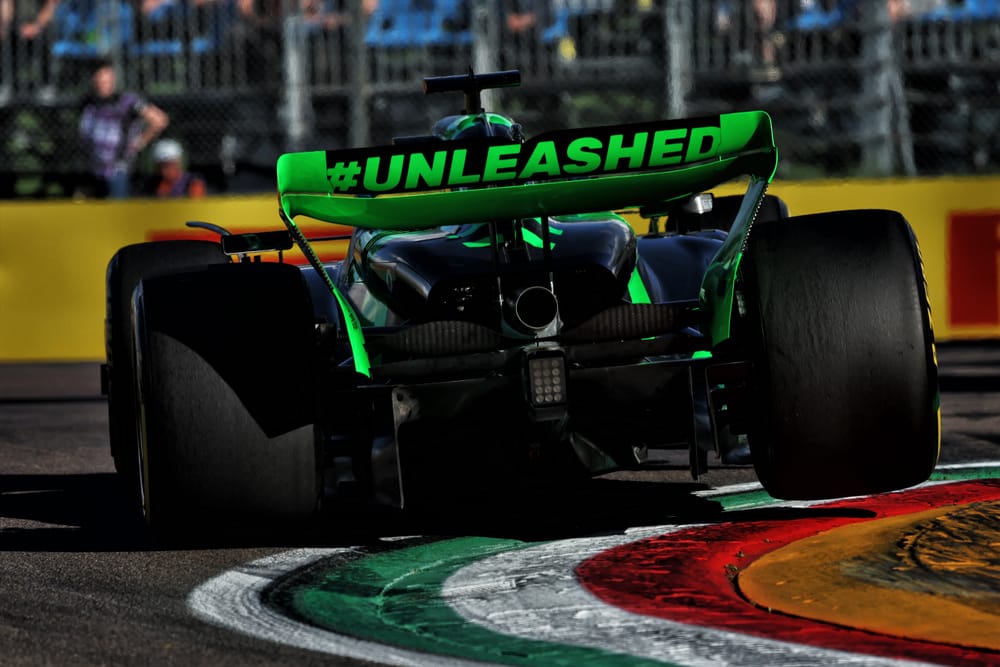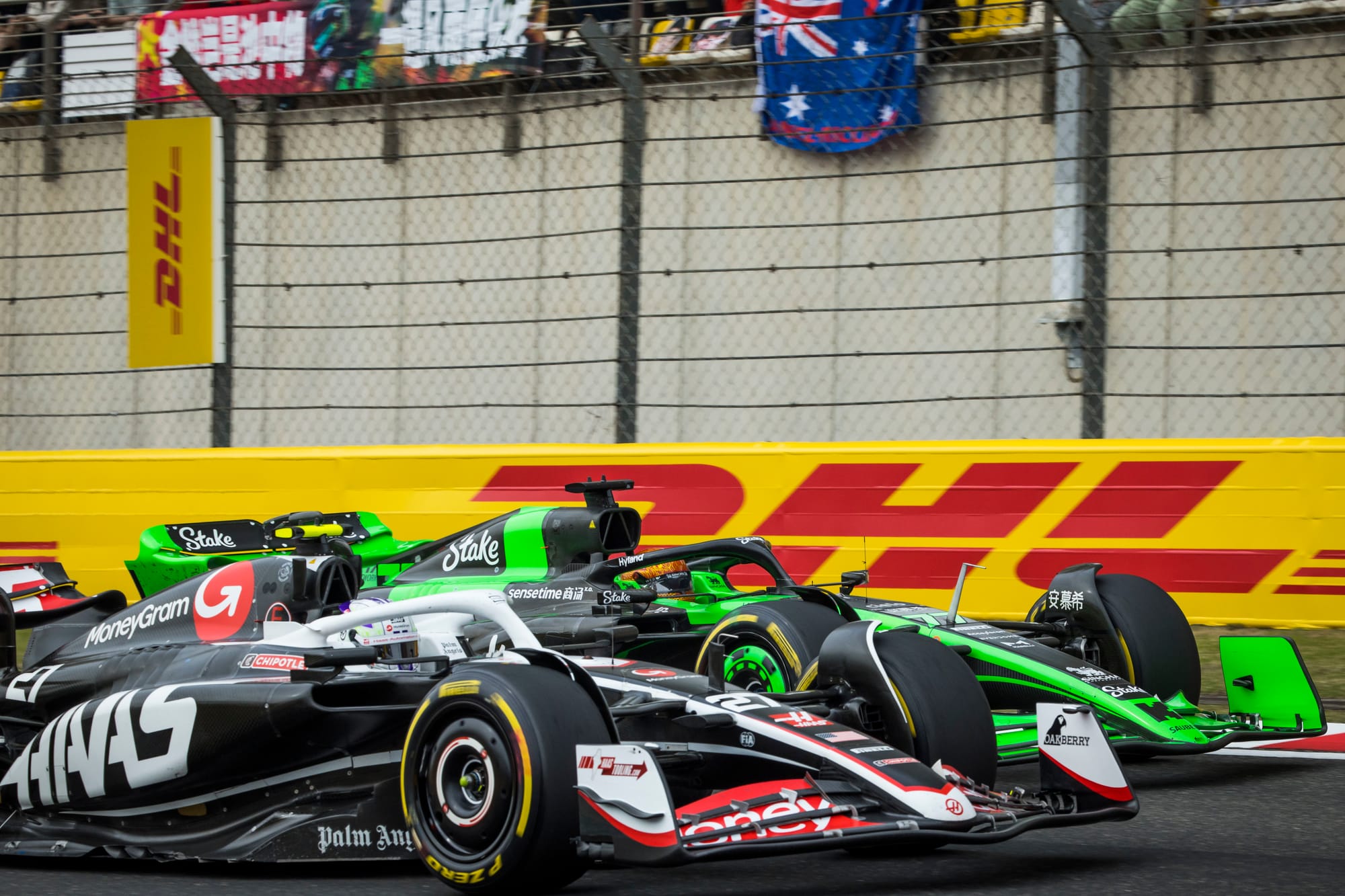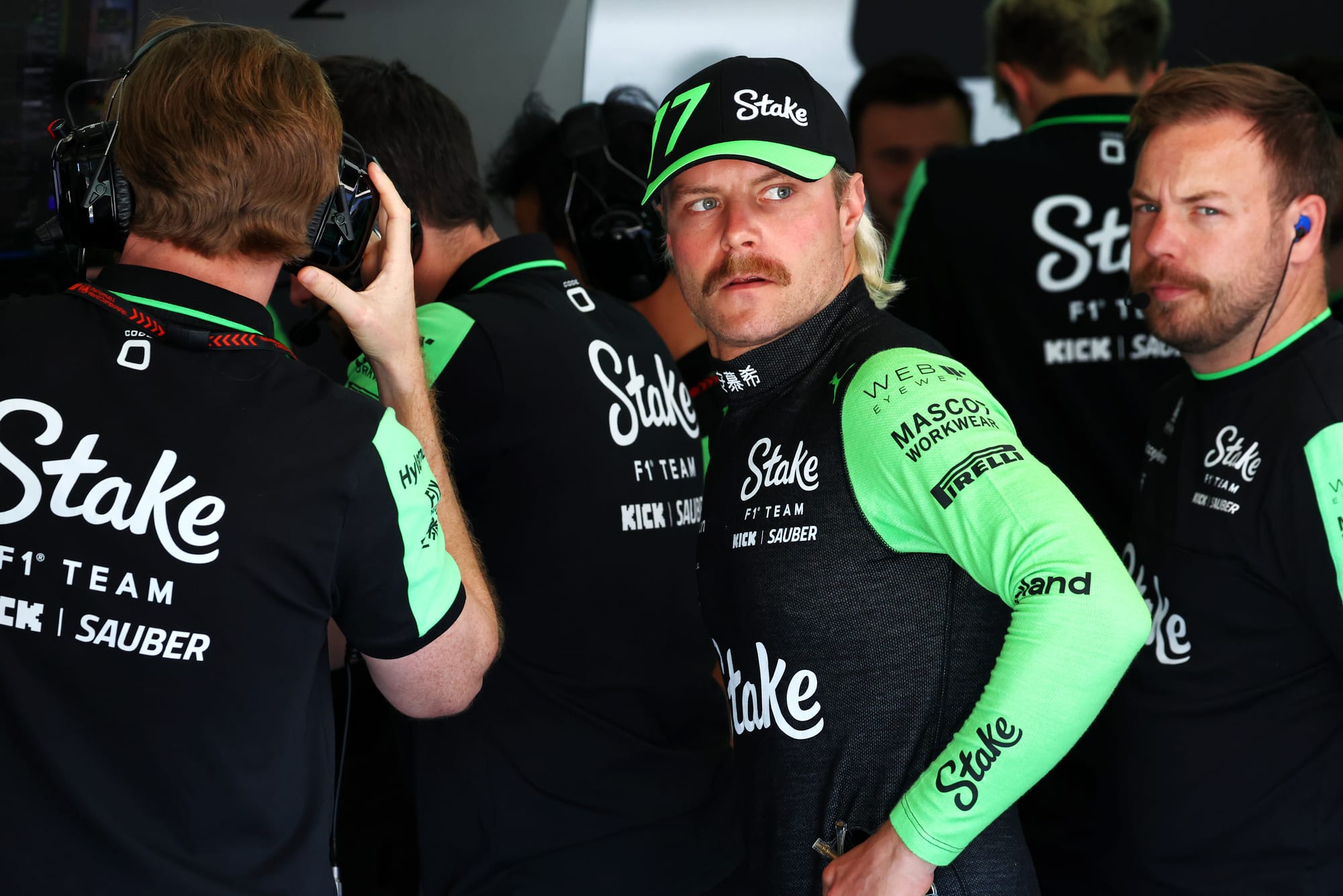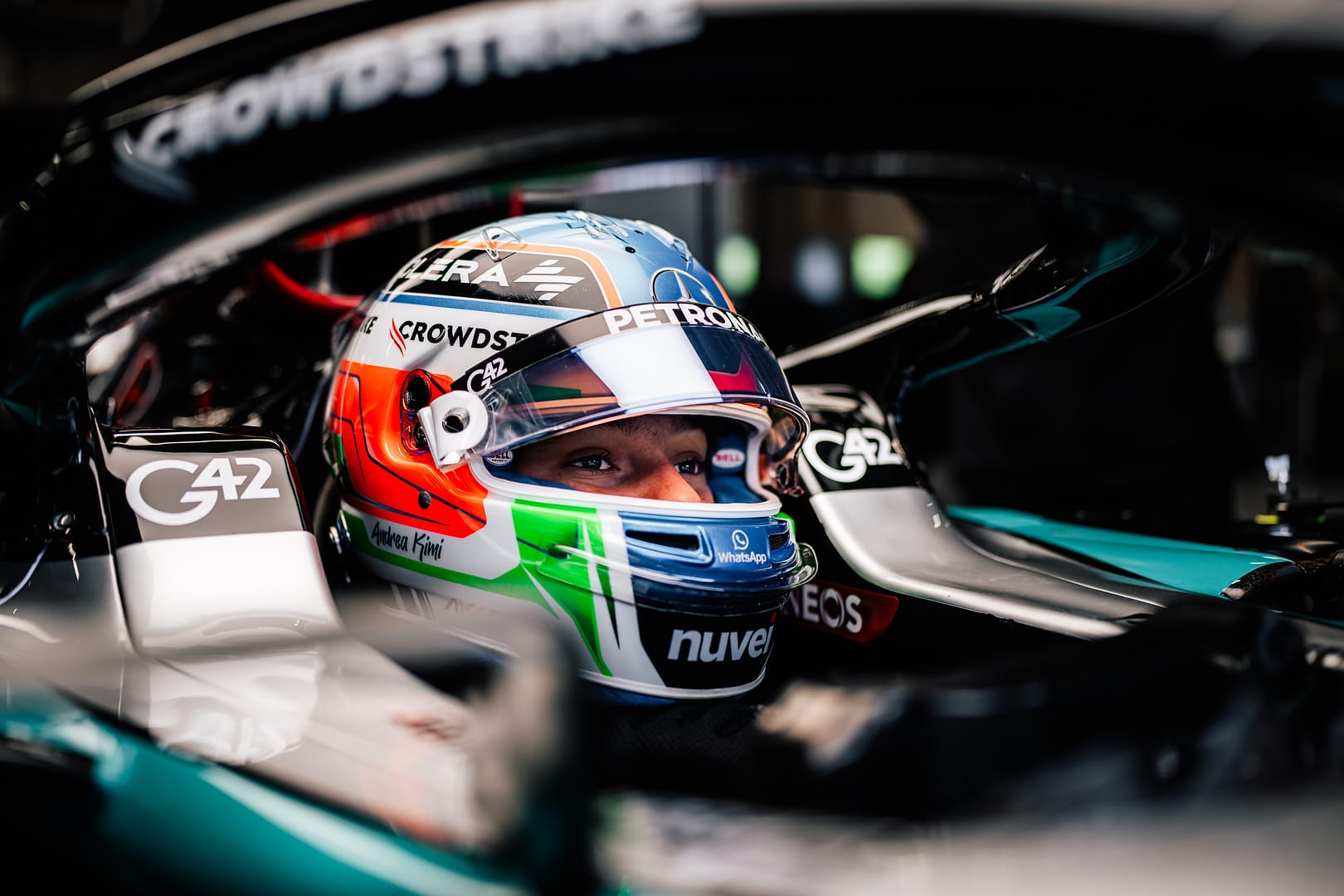Up Next

Valtteri Bottas’s season has ostensibly been anonymous, with a string of qualifying and race results in the teens, zero points on the board, and television coverage appearances largely limited to pitstop disasters and incidental battles. Yet he appears to be on the brink of extending his stay in Formula 1 into 2025 and beyond.
Bottas almost certainly won’t be at Sauber next year given it has signalled he’s surplus to requirements by signing Nico Hulkenberg and its willingness to wait for Carlos Sainz. He’s regarded as a potential fallback candidate, but is understandably attractive to Haas, Williams and Alpine. He will almost certainly end up with one of the three, and likely in a deal completed soon given to wait on the off chance his existing team wants to retain him would be illogical.
However, while Williams is certainly possible, The Race understands that stories Bottas has already done a deal are wide of the mark.
That Bottas is in demand might seem like further evidence of F1 teams being ultra-conservative, but Bottas’s season has been impressive. He’s been fast, has consistently outperformed team-mate Zhou Guanyu and would have several points finishes to his name but for Sauber’s much-publicised pitstop troubles.
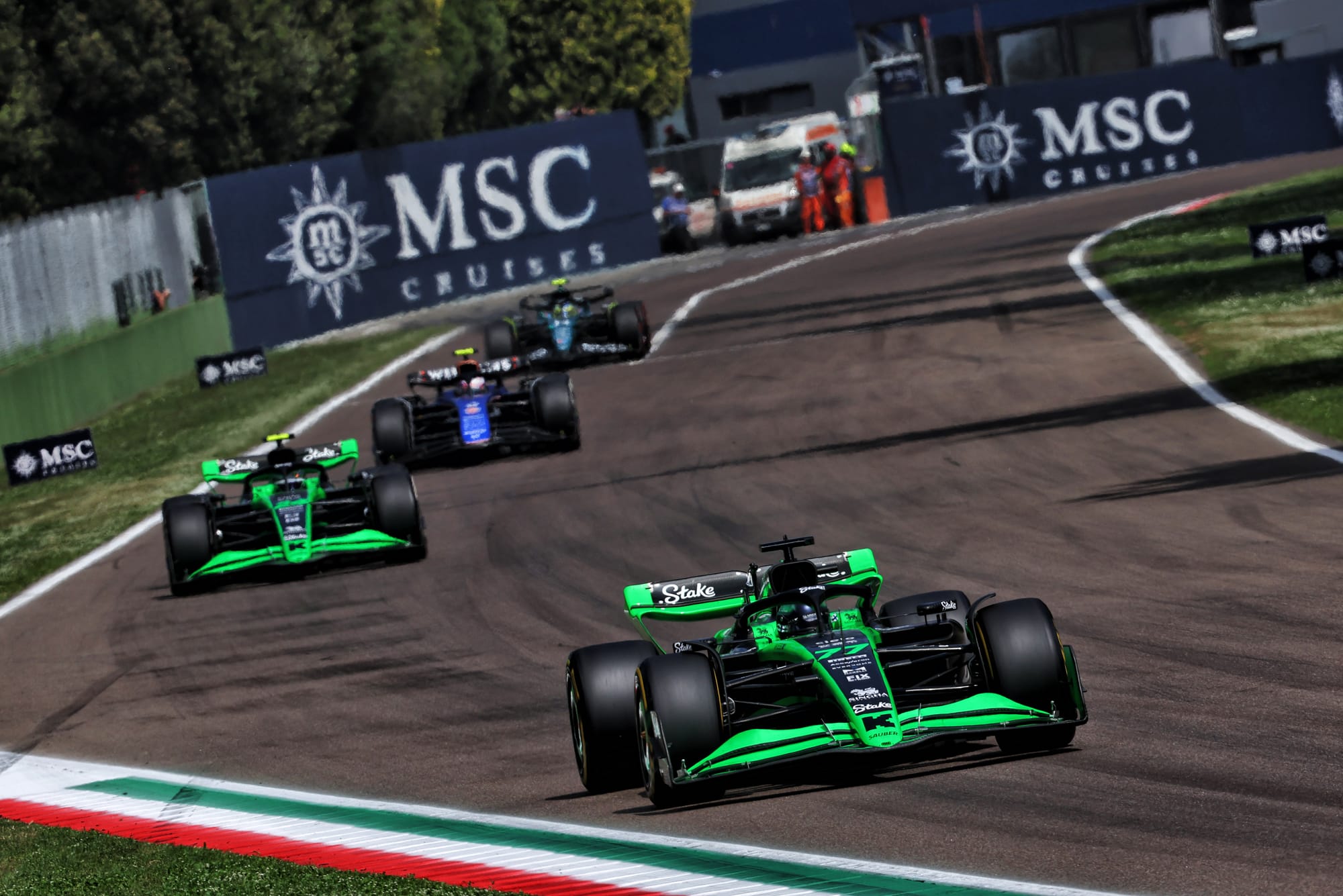
And during the Imola weekend, saddled with the slowest car there and an early pitstop strategy that left him a sitting duck in the final stages of the race there was no chance of anything other than a poor result on paper. But Bottas still gave it a go and remains a seriously quick driver - he is, after all, someone who across five seasons alongside Lewis Hamilton at Mercedes outqualified him one-third of the time.
Bottas, now 34, has not dramatically changed as a driver. He remains fast but there are sometimes question marks about his execution in races. In the past, he’s admitted to being a little conservative at race starts as a legacy of his early years in racing when damage really wasn’t an option financially. Likewise, as in his Mercedes days, he’s not the best in the field when it comes to tyre management.
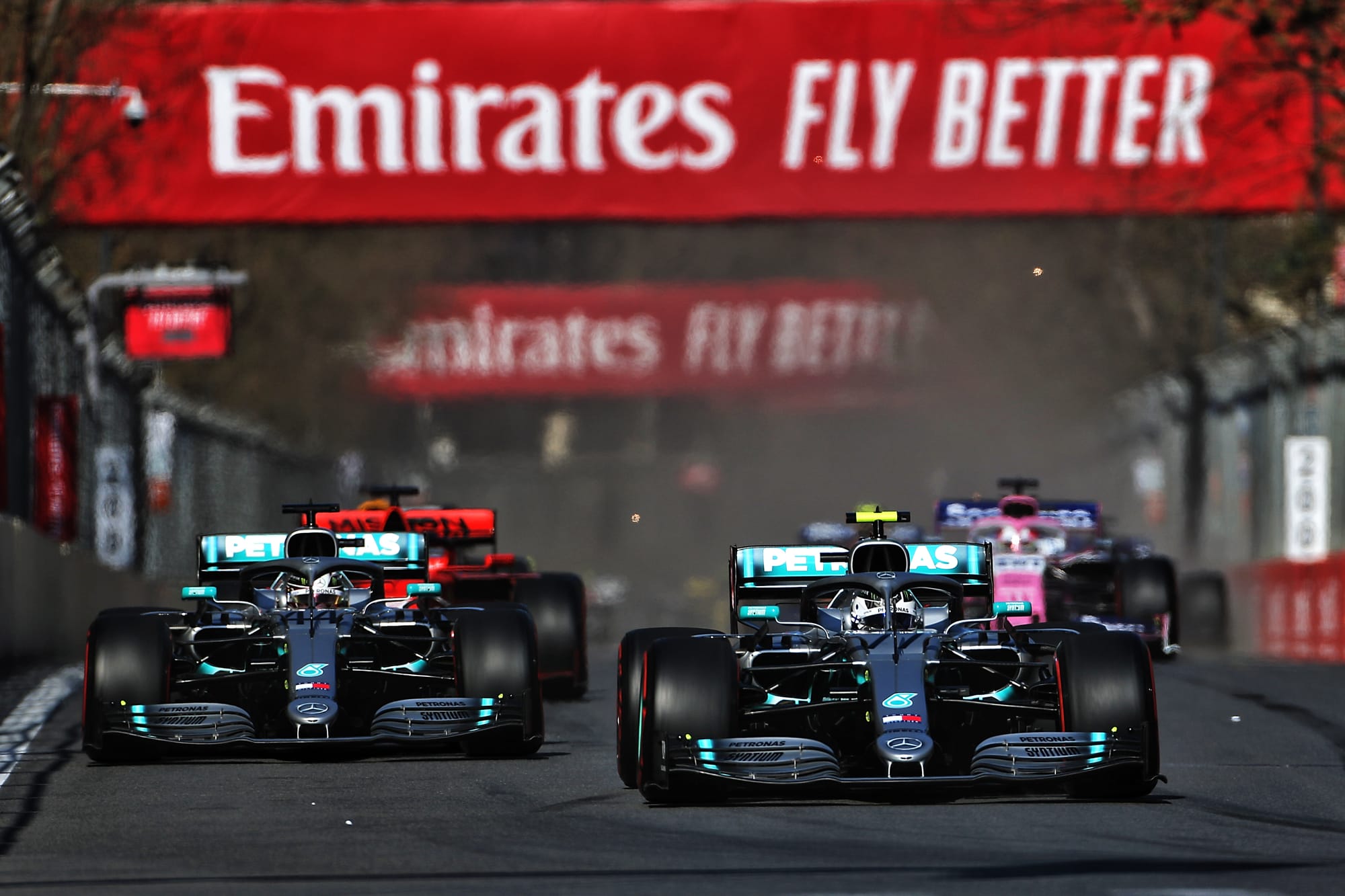
But remember, when up against Hamilton he was being measured against one of the best on that score as well and is hardly a tyre chewer. And amid all that, he has produced countless first-rate race drives during his 13 seasons in F1.
There will be those who shrug, say Bottas had his chance and that he should make way for others to be given a shot. But F1 drivers are not only selected based on their future world champion credentials, and teams do not sign them out of altruism.
Bottas still has plenty of years left in him should he choose to stay on, and that’s exactly what he intends to do, and could make a big contribution to a team that’s working its way up the grid. He’s played that role at Sauber since 2022 and isn’t at fault for the team’s shortcomings given they lie in the difficult times after the withdrawal from BMW during which the team flirted with oblivion. It has decided he isn’t the man to see out the job, but he can still bring enormous value to others.
Any F1 team would be delighted to find the next big thing, but that’s not a process of trial and error. For those making recruitment decisions, it’s necessary to select the driver who can produce the best results and be the most suitable fit for the team on and off track.
On the circuit, there’s no question about Bottas’s ability. He’s not the best driver in F1, but he’s a long way from the worst and he will produce consistent results worthy of the car's level while making a big contribution off track both in terms of technical contribution and what he can bring commercially. Need an individualistic driver with character? Well, that’s what Bottas has felt free to become with Sauber. Need a more straight-laced professional? Well, as he says “I’ve been in the corporate world, I can deal with it”.
What he also talks about is the need for a team that respects him. He doesn’t specify what respect means, but reading between the lines it’s obvious what he wants. He recognises that being world champion is not a realistic goal for many reasons, but he is keen on getting on board with another ‘project’ team that has realistic hope for long-term improvement. Even during difficult times at Sauber, he’s been a good team player - even now it's become obvious he's not really wanted - and the desire is to be the same again with his new team.
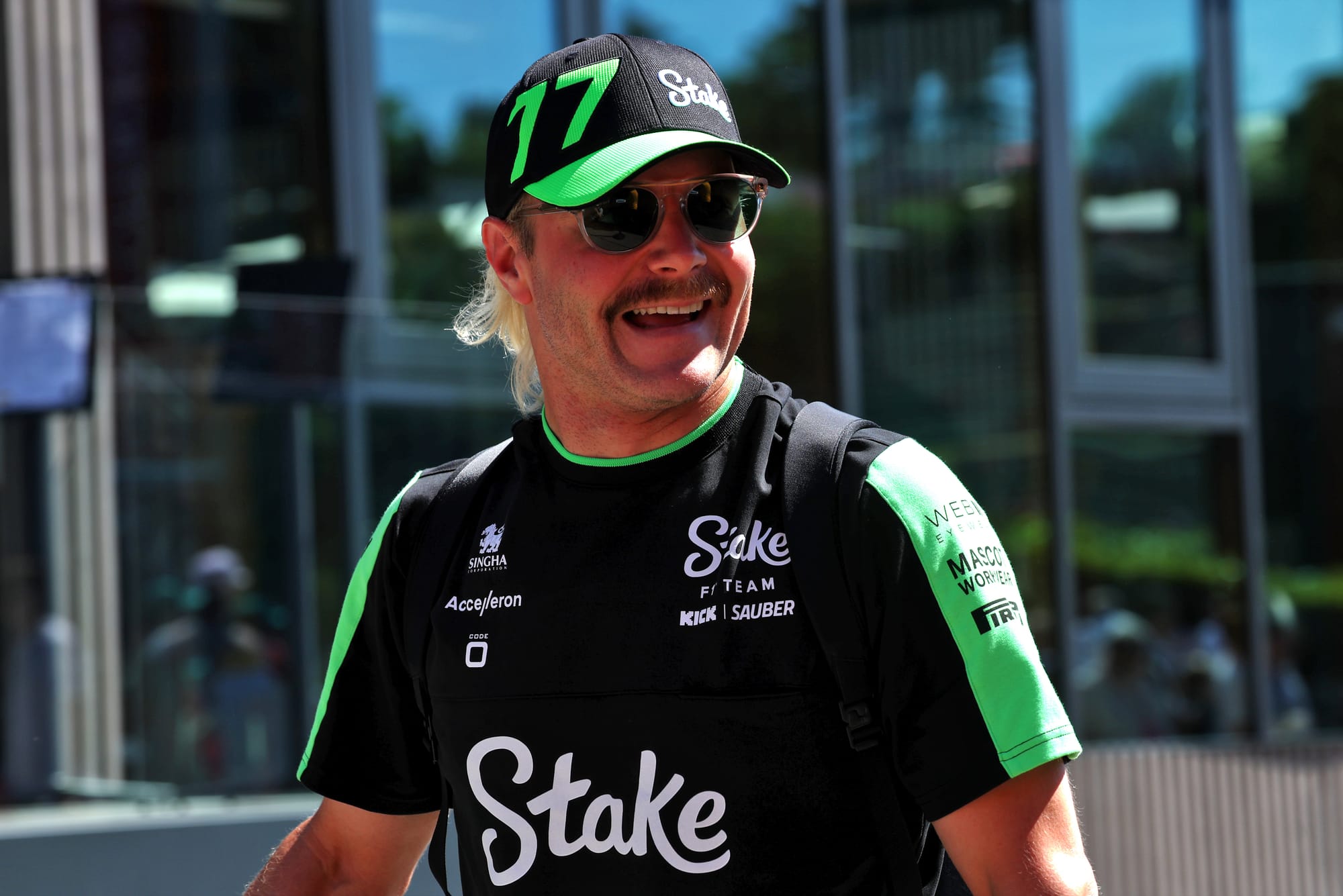
That means he is looking for a long-term deal, most likely one similar to his Sauber contract that covered two seasons with an option for a third that he controlled.
He will also want to be well-paid for his efforts, something that might be a little more difficult to convince teams to do given he’s coming off three years as an F1 bit-part player rather than a contributor to five consecutive constructors’ championship campaigns. His market value may have dropped from his peak, but it’s still healthy - doubly so given the sparse options with experience and the absence of anyone with anything like his CV.
That’s why, setting aside Sainz and his wait either to commit to Audi or for Red Bull/Mercedes to make him an offer that is far from forthcoming now, Bottas is the most in-demand free agent - with only Esteban Ocon anything like as attractive a prospect for a team needing a driver.
After all, the person in the cockpit remains a key performance component of any F1 car and having the right or the wrong one in the car can make a huge difference. Bottas can be that for Williams, Haas or Alpine.
The question, which could be answered definitively soon, is which one. In a fast-moving driver market with the teams in the back part of the grid determined to lock the best-possible candidates, Bottas offers battle-hardened, proven quality. And that has real value, even if that’s too often overlooked on the outside by those looking for the next big thing.


